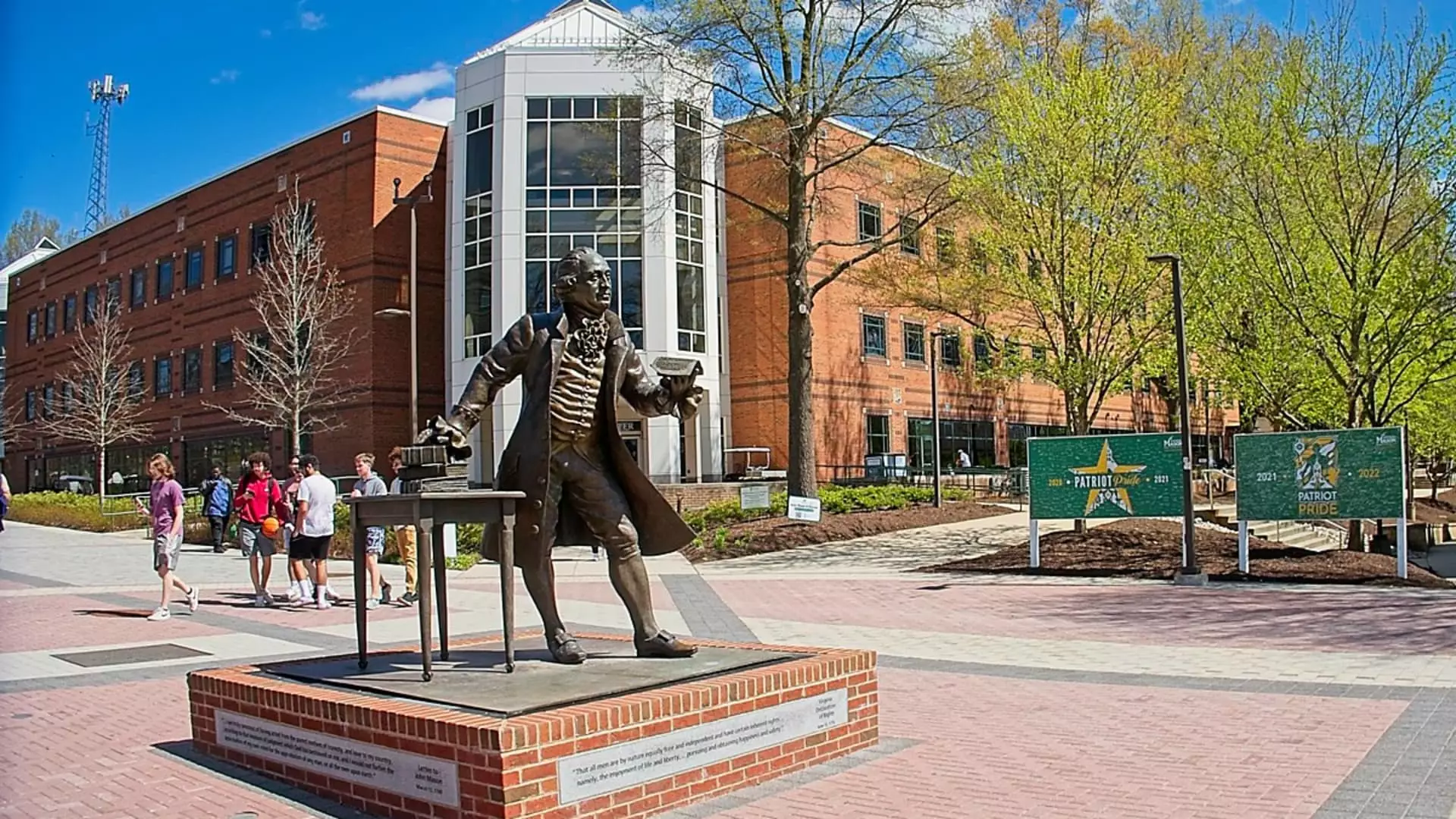In recent months, the federal government has increasingly scrutinized universities’ diversity, equity, and inclusion (DEI) policies, claiming to act on principles of fairness and nondiscrimination. However, beneath the surface, these investigations reveal a deeper ideological clash. As a centrist liberal acknowledging the importance of fairness but wary of overreach, I believe that these probes risk undermining the very values they ostensibly uphold. They provoke a dangerous narrative: that efforts to promote diversity may come at the expense of merit, creating a climate of suspicion rather than genuine inclusivity.
The Department of Education’s investigations into George Mason University and other prominent institutions are emblematic of this shift. While aimed at safeguarding civil rights, they are also instrumentalized in a broader political context—an administrational strategy to reshape higher education’s landscape and limit progressive reform. Such actions reduce complex issues of racial disparities and historical injustices to simple legal violations, overlooking the nuanced realities of fostering diverse educational environments.
Questioning the Fairness of Alleged Preferential Treatment
The core accusation—that GMU is favoring underrepresented racial groups in faculty hiring—raises crucial questions about how society values merit and equity. While it’s undeniable that affirmative efforts are necessary to bridge historic gaps, the narrative that universities are now systematically “preferencing” certain groups risks simplifying the diversity agenda into a divisive contest. These investigations imply that seeking representation and inclusivity inherently undermines standards—a view I deeply oppose.
Higher education’s mission should be to balance excellence with accessibility. The idea of hiring “diversity candidates” over more qualified applicants can be problematic if it becomes a standard that compromises academic standards. But, dismissing the importance of representation altogether ignores the societal benefits of a more inclusive academic community. Genuine progress involves careful, nuanced policies—not blanket accusations that may stigmatize efforts built on good-faith intentions.
The Political Context: From Progressive Roots to Conservative Backlash
It’s impossible to ignore the political undertones influencing these investigations. Founded with progressive ideals, many universities have adopted diversity programs they believe essential for democratizing access to education. Yet, in recent years, conservative factions have weaponized these initiatives, framing them as reverse discrimination or ideological indoctrination.
George Mason University itself, with its roots tied to libertarian funding and conservative donors, epitomizes the polarization. Its 2016 naming of a law school after Justice Antonin Scalia, and donations from figures like Charles Koch, reflect a deliberate ideological stance contrasting with the more traditionally liberal university models. These background details are not incidental but highlight the political motives behind federal interventions. They suggest that the real battleground is not racial justice but ideological control over higher education.
The Impact of External Funding and Political Affiliation
Universities’ funding sources and political leanings influence their approach to DEI initiatives. Conservative donors often advocate for merit-based hiring without race-conscious policies, claiming they foster fairness. Conversely, liberal voices argue that systemic inequalities persist and that targeted measures are necessary to rectify historical injustices. These conflicting perspectives create a polarized environment where accusations of bias serve as political weapons rather than constructive critiques.
The investigations into GMU and UVA, for example, seem motivated by a desire to curtail progressive initiatives rather than address genuine civil rights concerns. When government agencies target schools aligned with conservative variables—such as GMU’s ties to libertarian funders—their motives come into question. This politicization blurs the line between legitimate oversight and ideological suppression.
The Broader Implications for Academic Integrity and Freedom
These federal probes threaten to undermine academic integrity by restricting universities’ autonomy to craft inclusive policies. Higher education should be a space for honest dialogue about race, inequality, and societal progress. Instead, we see a chilling effect where institutions fear potential investigations, leading to a cautious and often superficial adherence to federal mandates rather than genuine institutional reform.
Moreover, such investigations risk fostering a climate of distrust. Faculty and students may become suspicious of university initiatives or skeptical of Diversity officers’ motives. When government enforcement appears to undermine scholars’ and educators’ ability to implement policies rooted in social justice, it hampers the university’s core mission: to serve as a crucible for critical thinking and societal progress.
Beyond Polarization: Toward a Balanced Path Forward
A more constructive approach recognizes the importance of balancing meritocracy with social justice. Universities must be able to pursue diversity initiatives without fear of political interference or legal invalidation. These institutions should serve as models of equity—ensuring opportunities for historically marginalized groups while upholding high standards.
Closing the divide requires honest conversations about what fairness truly entails. It calls for policies rooted in

Leave a Reply